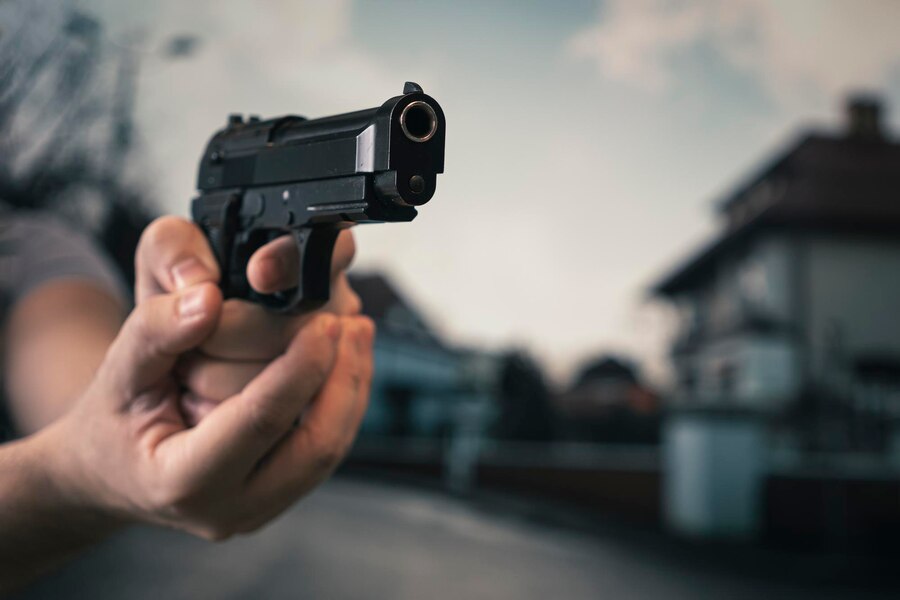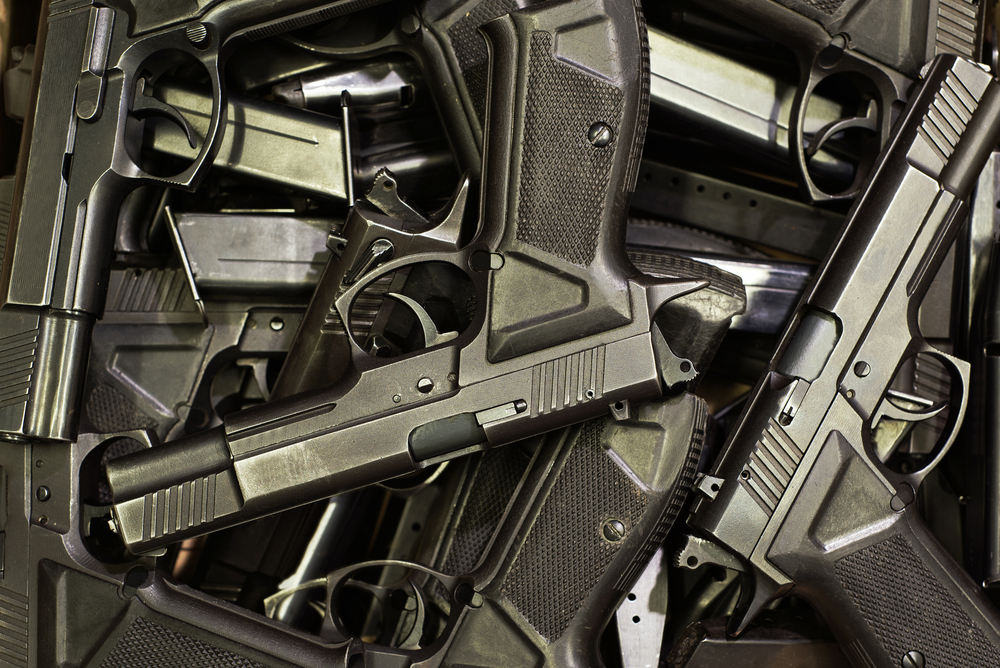Understanding NSW Firearm Offenses
In New South Wales (NSW), firearm offenses are taken very seriously due to the potential risks associated with the misuse of firearms. The state has established a comprehensive legal framework to regulate the ownership, use, and possession of firearms. Understanding these offenses is crucial for firearm owners, potential buyers, and the general public. This article provides an overview of firearm offenses in NSW, their classifications, penalties, and the legal implications associated with them.
Overview of Firearm Laws in NSW
Firearm laws in NSW are primarily governed by the Firearms Act 1996, which outlines the legal framework for the licensing, possession, and use of firearms. This act aims to ensure public safety by regulating how firearms are owned and used, imposing strict penalties for violations. The Crimes Act 1900 also contains relevant provisions that address unlawful acts involving firearms.
Key Definitions
To better understand firearm offenses in NSW, it’s important to familiarize yourself with some key terms:
Firearm: Defined as any weapon capable of discharging a projectile, including rifles, shotguns, and handguns.
License: A legal document that permits an individual to possess and use firearms.
Offense: An illegal act that may result in criminal charges or penalties under the law.
Classification of Firearm Offenses
Firearm offenses in NSW are classified into various categories based on their severity and nature. Understanding these classifications helps individuals recognize the potential legal implications of their actions.
1. Possession Offenses
Possession offenses occur when an individual possesses a firearm without a valid license. This category includes:
Unlawful possession: Possessing a firearm without a license or permit.
Possession of a prohibited firearm: Having firearms classified as prohibited by law, such as fully automatic weapons.
Penalties for possession offenses can be severe, including fines and imprisonment, depending on the nature of the violation.
2. Use Offenses
Use offenses refer to the unlawful use of a firearm, whether in a threatening manner or in a way that endangers public safety. Common use offenses include:
Firing a firearm in a public place: Discharging a firearm in an area where people may be present, which poses a risk to public safety.
Reckless use of a firearm: Using a firearm in a manner that shows disregard for the safety of others, which can lead to serious injury or death.
3. Storage Offenses
Storage offenses relate to the failure to store firearms securely according to legal requirements. This includes:
Improper storage: Failing to keep firearms locked in a secure safe, which can lead to unauthorized access.
Negligent storage: Storing firearms in a manner that increases the risk of theft or accidental discharge.
Violating storage laws can result in significant penalties, including fines and loss of license.

4. Trafficking and Dealing Offenses
Trafficking and dealing offenses involve the illegal sale or transfer of firearms. This category includes:
Illegal sale of firearms: Selling firearms without the required licenses or permits.
Supply of firearms to prohibited individuals: Providing firearms to individuals who are legally prohibited from possessing them, such as those with criminal records.
These offenses carry severe penalties, including lengthy prison sentences.
Penalties for Firearm Offenses in NSW
The penalties for firearm offenses in NSW vary depending on the nature of the offense and the circumstances surrounding it.
1. Fines
For less severe offenses, individuals may face monetary fines. These fines can range from several hundred to thousands of dollars, depending on the violation.
2. Imprisonment
More serious offenses can lead to imprisonment. For example:
Unlawful possession of a firearm: This can result in a maximum penalty of up to 14 years imprisonment.
Use of a firearm to commit an offense: In cases where a firearm is used in the commission of a crime, the penalties can be even more severe.
3. License Suspension or Revocation
Individuals convicted of firearm offenses may also face suspension or revocation of their firearm licenses. This can result in a complete loss of the right to possess firearms, impacting legitimate firearm owners significantly.
Defenses Against Firearm Offenses
Understanding potential defenses against firearm offenses is essential for those charged with violations. Some common defenses include:
1. Lack of Knowledge
In some cases, individuals may argue that they were unaware they were in possession of a firearm or that the firearm was not theirs. This defense may be applicable in cases involving inherited firearms or borrowed weapons.
2. Necessity
The necessity defense can be invoked when an individual used a firearm to prevent immediate harm to themselves or others. For example, if someone used a firearm to defend themselves during a home invasion, this defense may apply.
3. Illegal Search and Seizure
If law enforcement officials obtained evidence of firearm offenses through illegal means, such as without a warrant or probable cause, individuals may argue that the evidence should be excluded from court proceedings.
The Importance of Compliance with Firearm Laws
Understanding and complying with firearm laws in NSW is essential for several reasons:
1. Public Safety
Compliance with firearm laws helps protect the community from potential harm. Responsible ownership and usage contribute to safer environments for all.
2. Legal Protection
Understanding the laws surrounding firearms provides individuals with the knowledge needed to avoid unintentional violations. This legal awareness can help prevent serious consequences, including criminal charges.
3. Maintaining Rights
Adhering to firearm laws ensures that individuals can maintain their rights to own and use firearms. Non-compliance can result in the loss of these rights and lead to long-lasting consequences.
Conclusion
Understanding firearm offenses in New South Wales is essential for all individuals who own, intend to own, or use firearms. The comprehensive legal framework established by the Firearms Act 1996 and the Crimes Act 1900 serves to protect the community and promote responsible firearm ownership.
By familiarizing oneself with the classifications of offenses, potential penalties, and available defenses, individuals can ensure they remain compliant with the law while enjoying the rights associated with firearm ownership. Public safety, legal protection, and the preservation of individual rights are all reasons to take firearm laws seriously in NSW.





